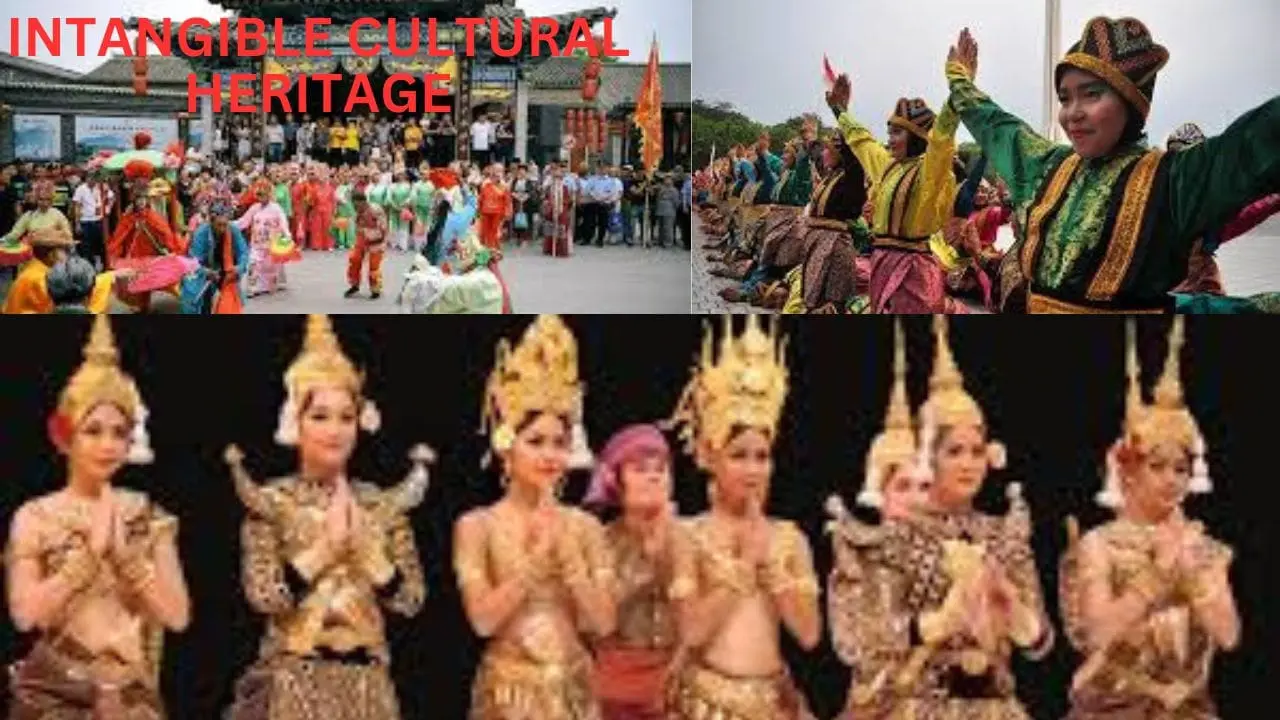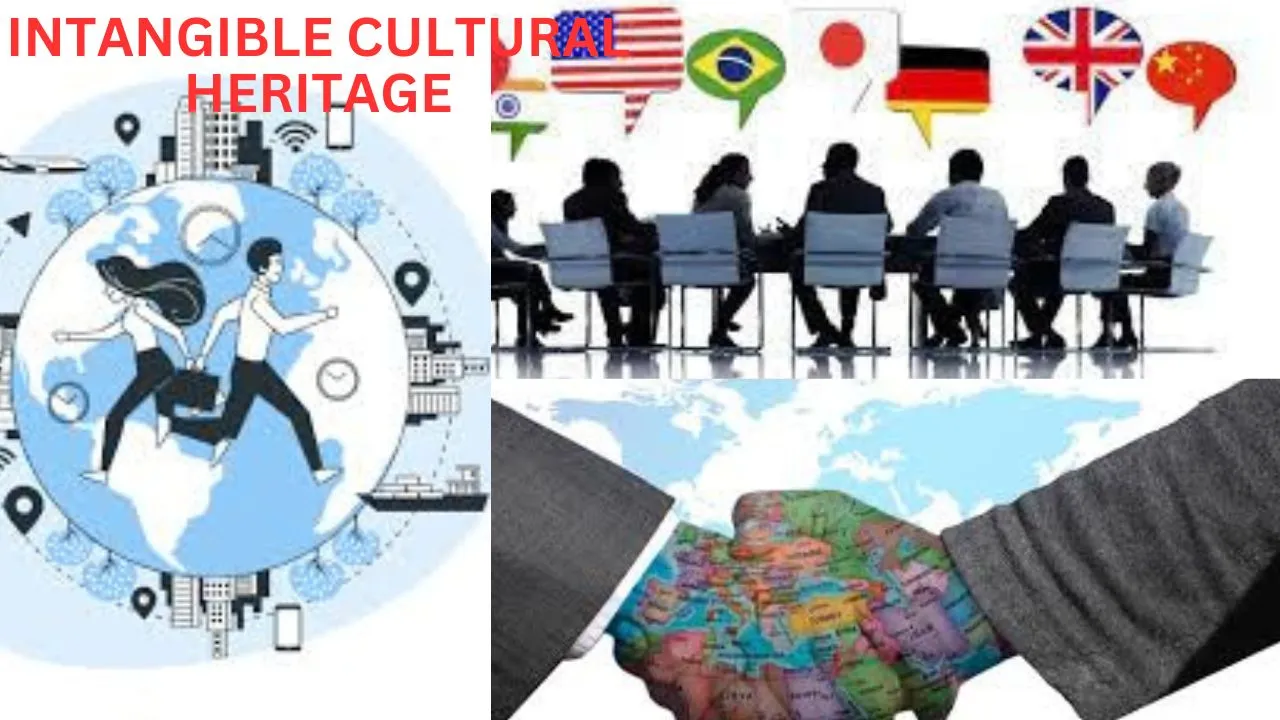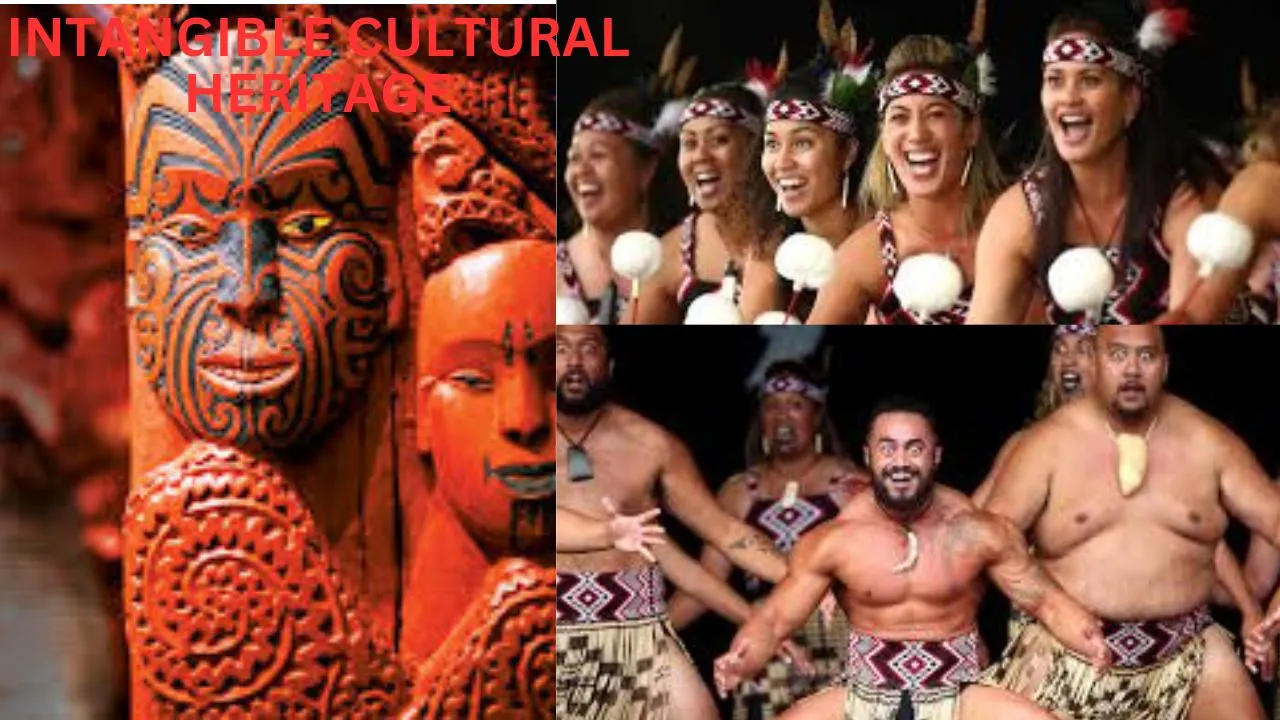
maori culture
Admin
- 0
Maori culture is a rich and vibrant part of New Zealand’s heritage. With a history that spans hundreds of years, the Maori people have deeply embedded their customs, traditions, and values into the fabric of their society. In this article, we will delve into the fascinating aspects of Maori culture, from its ancient origins to its enduring significance in the modern world.
Maori Culture History
- The roots of Maori culture can be traced back to the arrival of Polynesians in New Zealand around the year 1300. These seafaring explorers, known as the Maori, settled in the land, bringing with them their unique language, customs, and beliefs. The Maori people developed a close connection with the natural environment, valuing the land, rivers, and forests as sacred and integral parts of their identity.
- Prior to European colonization, Maori society was organized into tribes, each with its own distinct customs and leaders. These tribes lived in fortified settlements known as pa, which served as both homes and defensive structures. The oral tradition of storytelling played a crucial role in preserving the history and cultural practices of the Maori people.
- One of the most iconic aspects of Maori culture is their intricate and meaningful tattoos, known as moko. These facial tattoos are not just for decoration but also serve as a way to showcase a person’s identity, status, and genealogy. The process of receiving a moko is considered sacred and is a rite of passage for many Maori individuals.
- Traditional Maori cuisine is another significant part of their culture, with a focus on fresh and locally sourced ingredients. Kaimoana, or seafood, plays a central role in Maori diets, reflecting their historical connection to the sea. Additionally, the hangi cooking method, where food is cooked in an underground oven using heated rocks, is a traditional Maori practice that continues to be cherished today.
- Expanding on the rich tapestry of Maori culture, it is important to delve into the significance of tikanga, which encompasses the customs and protocols that govern Maori society. These customs are deeply rooted in the ancestral traditions of the Maori people and play a vital role in shaping their interactions and relationships.
- From the way food is prepared and shared to the rituals performed during important ceremonies, tikanga serves as a guiding light for the Maori community.Furthermore, the concept of tapu and noa adds another layer of complexity to Maori cultural values.
- Tapu refers to the sacred or restricted aspects of life, such as certain places, objects, or practices that are imbued with spiritual significance. In contrast, noa represents the ordinary or everyday aspects of life that are free from restrictions. The balance between tapu and noa is carefully maintained in Maori culture to ensure harmony and order within the community.
- In exploring Maori culture values, it is impossible to overlook the profound impact of whakapapa, the genealogical connections that link individuals to their ancestors and the land. Whakapapa is not just a record of lineage but a fundamental principle that shapes Maori identity and informs their sense of belonging. By understanding their whakapapa, Maori people gain insights into their heritage and responsibilities, strengthening their connection to the past, present, and future.
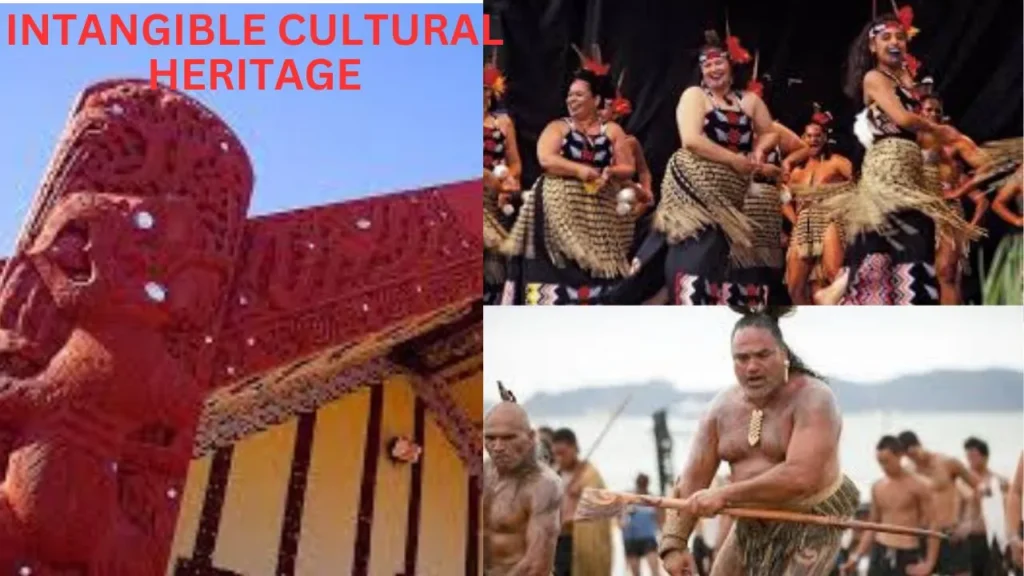
Maori Culture Dance
The haka is perhaps the most famous form of Maori dance. It is a powerful and dynamic performance involving chanting, stomping, and fierce facial expressions. Traditionally, the haka was performed as a war dance, intimidating opponents and showcasing the strength and unity of the Maori people. Today, the haka is also performed on special occasions, such as weddings, funerals, and sporting events, embodying the Maori spirit and identity.
Exploring the Origins of Maori Culture
The origins of Maori culture are deeply rooted in Polynesian heritage. Through their navigational skills and voyages across the Pacific Ocean, the ancestors of the Maori people settled in Aotearoa, the Maori name for New Zealand. These ancient seafarers brought with them their language, customs, and knowledge of celestial navigation.
The arrival of European explorers in the 17th century marked a significant turning point in Maori history. The impact of colonization had profound effects on Maori culture, as the introduction of firearms, alcohol, and diseases caused upheaval and loss within their communities.
Maori Culture Facts
Did you know that Maori is an official language in New Zealand? Alongside English, Te Reo Maori is recognized as an important part of the country’s linguistic heritage. Efforts have been made to revitalize the language and ensure its preservation for future generations.
Furthermore, Maori artwork, known as Maori carving or “whakairo,” is renowned for its intricate designs and spiritual significance. These carvings can be found on traditional meeting houses, canoes, and other cultural artifacts, telling stories and conveying ancestral connections.
The Impact of Colonization on Maori Culture
The arrival of European settlers in New Zealand had a profound impact on Maori culture. Under colonization, Maori land was gradually confiscated, leading to the loss of tribal autonomy and traditional ways of life. The introduction of Western education and religion also brought significant changes to Maori society.
However, in recent decades, there has been a strong resurgence of Maori cultural pride and identity. The Treaty of Waitangi, signed in 1840, is recognized as the founding document of New Zealand, and efforts to honor the principles of partnership, protection, and participation have been made to address historical grievances and support the revitalization of Maori culture.
What is Maori Culture Known For?
Maori culture is known for its distinctive art forms, such as carving and weaving, which showcase intricate designs and patterns. These art forms are not only aesthetically pleasing but also carry deep cultural and spiritual significance.
The Maori people are also renowned for their traditional tattooing known as “tā moko.” Each moko pattern is unique and tells the story of the individual’s ancestry, social status, and personal experiences. This ancient practice has experienced a revival in recent years, becoming a symbol of Maori cultural identity.
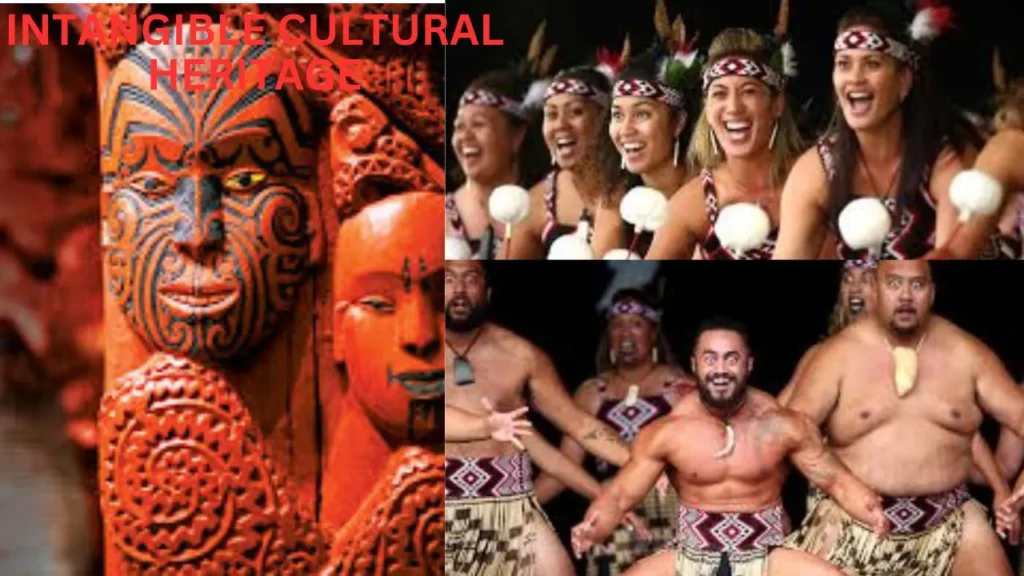
What Countries Have Maori Culture?
While Maori culture is primarily associated with New Zealand, it has also spread beyond its shores. Maori communities can be found in various countries, particularly in Australia, the United States, and the United Kingdom. These communities play a vital role in preserving and sharing Maori traditions with people from different cultural backgrounds.
What is the Symbol of the Maori Culture?
The symbol commonly associated with Maori culture is the “koru,” which represents the unfurling of a fern frond. It symbolizes new life, growth, and renewal, reflecting the belief in the ongoing cycle of nature. The koru can be seen in various forms of Maori art, from carvings to jewelry, and is deeply ingrained in Maori cultural symbolism.
What are the Main Values in Maori Culture?
Maori culture is grounded in a set of values that guide the actions and interactions of its people. Some of the key values include:
- Whanaungatanga – the importance of family and community support
- Kaitiakitanga – guardianship and respect for the environment
- Manaakitanga – hospitality and kindness towards others
- Tikanga – adherence to cultural customs and protocols
- Rangatiratanga – leadership and self-determination
These values form the foundation of Maori identity and are deeply interwoven into all aspects of Maori culture.
In conclusion
Maori culture is a testament to the resilience, creativity, and spiritual connection of the Maori people. From their ancient origins in Polynesia to the challenges brought by colonization, Maori culture has endured and continues to thrive. Its values, art forms, and customs offer a window into a unique and vibrant heritage that enriches not only the Maori people but also the broader New Zealand society.
